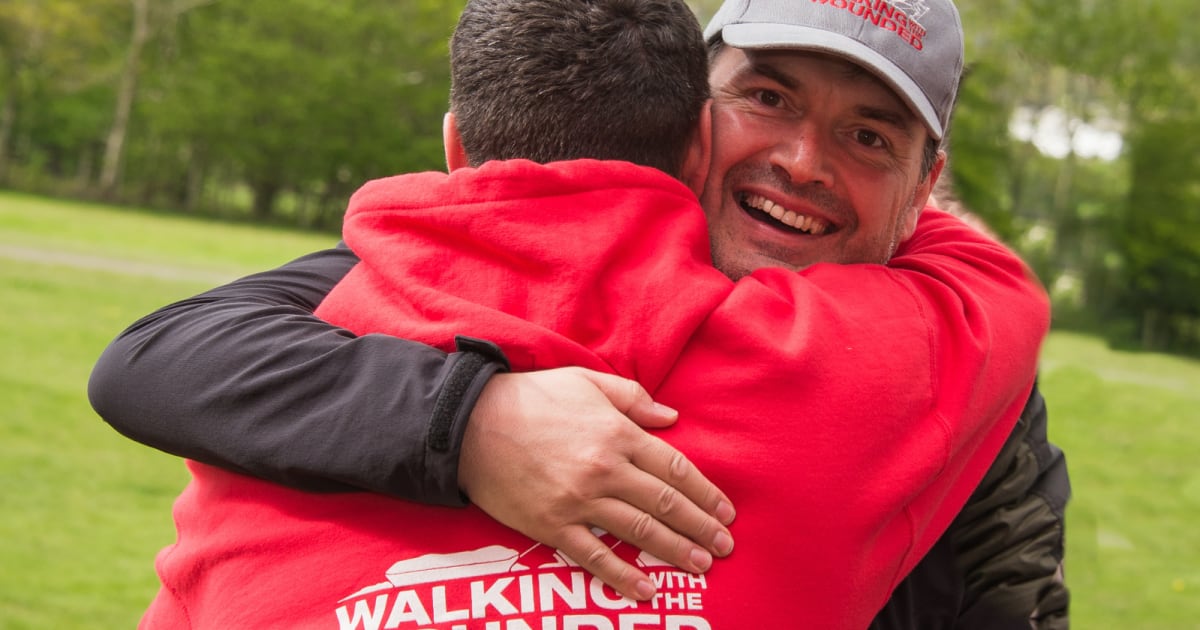There are an estimated 2.4 million armed forces veterans living in the UK, with around 15,000 people leaving the UK armed forces each year. While the majority transition to civilian life successfully, a minority find the transition difficult.
Walking With The Wounded (WWTW) works with veterans who have mental, social or physical challenges in order to provide the care, support and means they and their families need to function in society, from serving in the communities in which they live, to reigniting their sense of purpose and making a positive contribution again. They have four programmes of support focused around employment, mental health, care coordination and volunteering.
Our analysis draws on approaches established in recent HM Treasury guidance to explore the potential economic value of the wellbeing improvements observed in beneficiaries of WWTW’s Employment Programme and its Head Start mental health programme.
We find that beneficiaries of both programmes start with low levels of wellbeing, scoring on average within the bottom 6% of the adult population in England, suggesting that WWTW are successfully targeting those with the very highest levels of need.
For the Employment Programme:
For the Head Start mental health programme:
Overall, our analysis suggests that the WWTW programmes are likely to have significantly impacted participants’ wellbeing beyond the trends seen in a similar group in national data.
However, a strong caveat is that our analysis represents the impact of a small subset of the beneficiaries of both WWTW programmes. This is largely driven by the fact that Life Satisfaction data collection has been implemented relatively recently at WWTW and, due to the process, either Life Satisfaction data has not been collected for some individuals or there are low response rates.
For example, for the Employment Programme, only 17% of those who completed the programme were asked Life Satisfaction questions. This number was 51% for those in the Head Start mental health programme.
While the break-even scenario results are encouraging, future work is required to explore a more robust cost-benefit analysis approach, so that accurate estimates can drive stronger conclusions. We recommend that WWTW continue and improve data collection to increase the response rate and sample size for wellbeing measures. An improved dataset would then allow for a robust matching approach to identify a control group that more accurately reflects the beneficiaries supported by the programmes. This would provide more accurate information on the benefits that WWTW is delivering.
